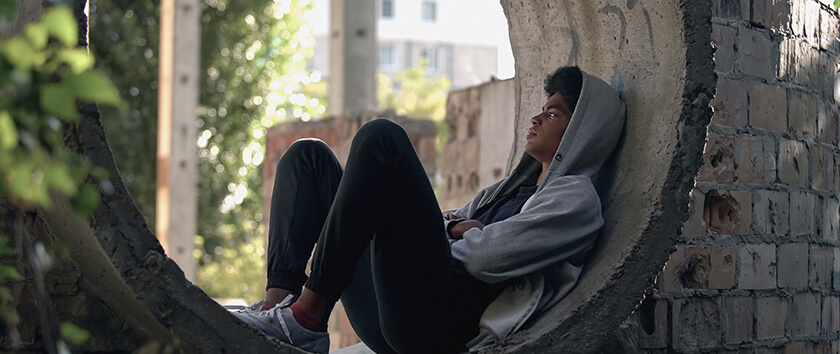
Adolescent Anxiety: A Three-Part Series
Part 1 – – – Understanding Anxiety in Teens
While “anxiety” can seem like a bit of a buzz word at times and can be a slippery concept to grasp, anxiety in teenagers is a real and serious challenge. Some data indicate that reports of teenagers who struggle with anxiety have doubled in the last several years. Additionally, according to the National Institute of Mental Health, about 1 in 3 teenagers have an anxiety disorder. Even so, teens are receiving less treatment despite an evident increase in anxiety disorder diagnoses.
So, what exactly is anxiety?
One way to understand anxiety is to think of it as our built-in alert system, like a smoke alarm, that notify us of potential threats through feelings of distress and arousal. While anxiety is a protective mechanism that has a purpose, persistent and unwarranted anxiety can be heavily debilitating and impairing. Pervasive anxiety can be the result of many things (including family systems, learned survival strategies, and genetics) and is considered unwarranted because the stress reactions are disproportionate to the provoking events. In this way, persistent anxiety is sort of like a hyper-sensitive smoke alarm that goes off at every little thing. Stress reactions may include physiological sensations such as:
- excessive nervousness
- muscle tension
- trouble sleeping
- increased heart rate and fast breathing
- upset stomach
- headaches and migraines
Psychological and emotional struggles such as:
- excessive or uncontrollable worry and dread
- feelings of insecurity and self-consciousness
- avoidance of fear
- poor concentration
And behavioural concerns such as:
- unhealthy eating (over or under)
- substance use
- social withdrawal
Why is anxiety so different for teenagers?
Adolescence is a period of intense physical, psychological, and emotional changes – and coupled with heavy social and academic pressures can be a time of immense stress.
Additionally, adolescents themselves cite low mental health literacy, stigmatization of mental illness, and inability to access mental health professionals and resources as barriers when it comes to seeking help for their mental health challenges.
Despite adolescence being a turbulent period that increases a teen’s overall susceptibility to struggling with anxiety and stress, there is much that can be done to support teens in positive growth and healing. Counselling and therapy can be helpful in many ways, including supporting teens in learning to tolerate and cope with stress and anxiety to reduce the overall frequency, intensity, and duration of these challenges. Further, utilizing additional integrative therapies like massage therapy and acupuncture can help promote the relaxation response and help with anxiety and stress.
Check out part two of this three-part series, Understanding How Anxiety is Different for Teens, to learn more about helping the teenagers in your life manage their anxiety struggles and stress.
If you are concerned your child or teen is struggling with anxiety, take this quiz to help with understanding how anxiety presents in children and adolescents.
If you feel your child would benefit from therapy, please book an appointment with a Pine Cone Health therapist who specializes in childhood and adolescent anxiety.
